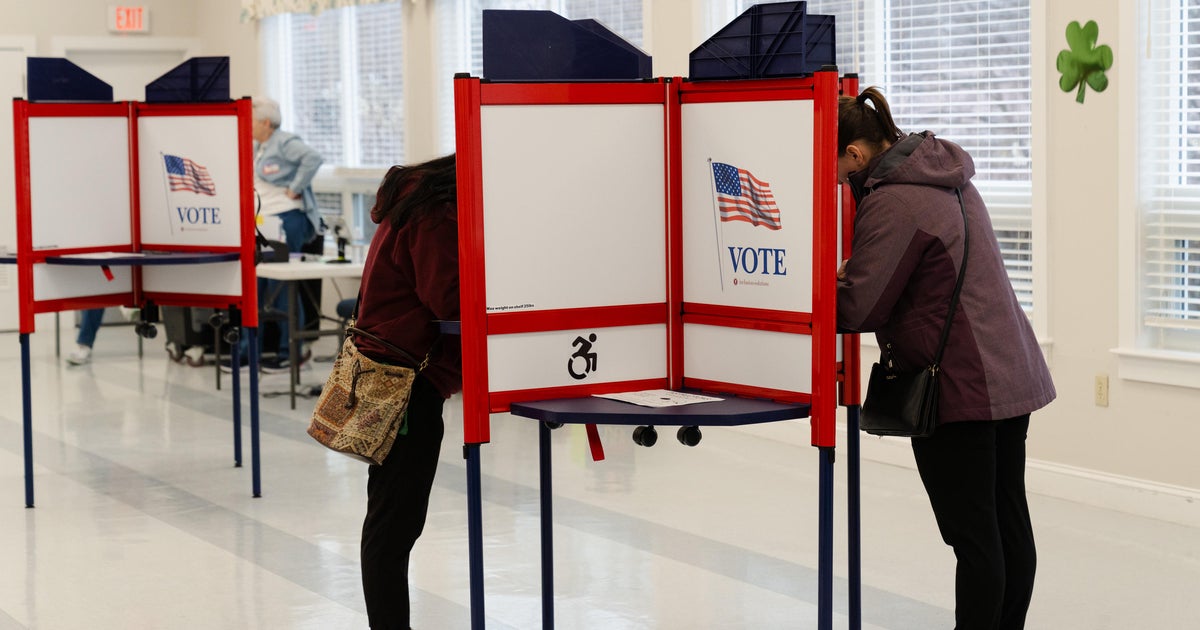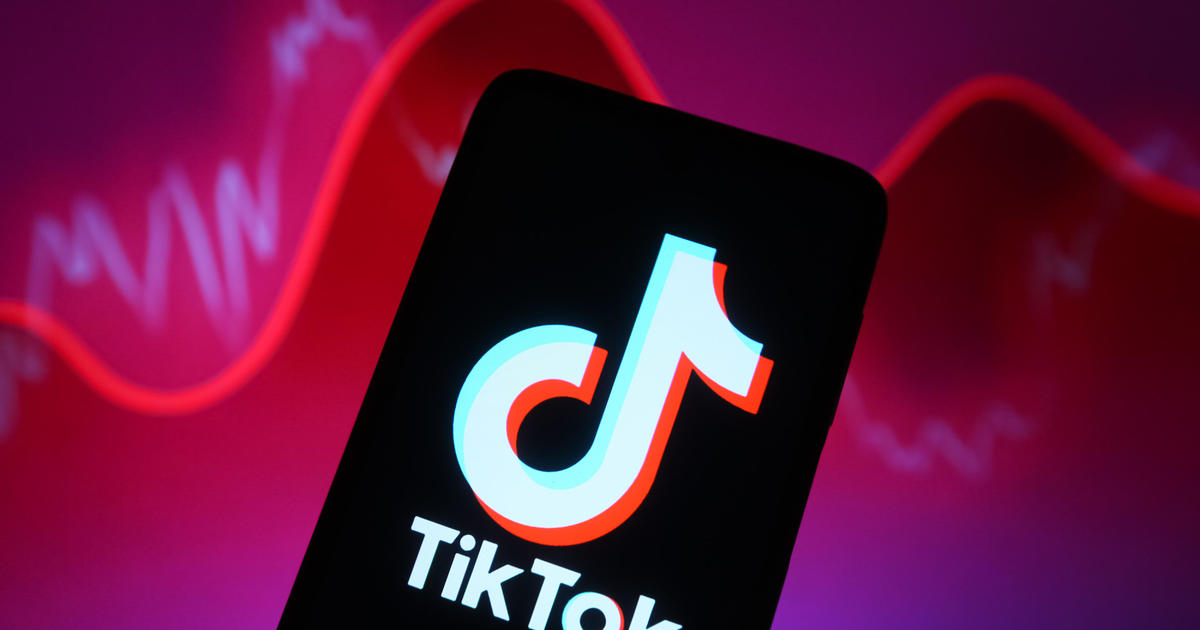What is a "skinny repeal" and can it pass the Senate?
How is the effort to repeal and replace Obamacare going?
It hasn't produced much. The only thing that's passed is the motion to proceed with the bill, which only formally opened debate. It's no surprise, really, given the slim Senate majority that allows for only two Republican defections -- and that's only on the amendments that can be passed with 51 votes. Some will require 60.
What have they tried so far?
On Tuesday night, the Senate GOP's main plan to repeal and replace Obamacare, the Better Care Reconciliation Act (BCRA), failed 43-57 on a procedural vote.
A vote on a more ambitious repeal of the Affordable Care Act (ACA) was also defeated Wednesday 45-55, with seven Republicans defecting.
So what has the best shot at getting through the Senate?
It's being called the "skinny repeal." "Skinny," in this instance, does not mean streamlined or efficient. Its meaning is more akin to "skin and bones," the bare minimum that might slip by senators this week. They also want to wrap in provisions that qualify for a 51-vote threshold rather than a supermajority, which would be 60 votes.
Just what's in this "skinny repeal"?
In theory, it would eliminate the individual mandate, which required Americans to buy health insurance, and it would also dispense with the requirement that employers with at least 50 full-time employees offer health care coverage.
The skinny repeal would also get rid of the tax on medical taxes, which helped pay for the ACA but is wildly unpopular with both Republicans and Democrats.
But until we see the text of the bill, which hasn't been released yet, we don't know exactly what it will repeal. Senate Republicans were still discussing Wednesday what could be included.
How many people could lose insurance?
While Republicans are still unsure about what's actually in the "skinny repeal," the nonpartisan Congressional Budget Office (CBO) scored several provisions Wednesday that could wind up in such a measure, according to Senate Democrats. CBO projects that such a bill would leave 16 million more Americans uninsured, Senate Democrats say. A senior Senate Democratic aide says that CBO told Senate Democrats that it would result in premiums that are roughly 20 percent higher than under current law each year.
The following provisions were wrapped into this estimate: repeal of the individual and employer mandates, repeal of the medical device tax, defunding Planned Parenthood, a repeal of the Prevention and Public Health Fund and repeal of the Community Heath Center Fund.
What do Democratic senators think of this?
They don't like it.
What do GOP senators think of this?
Ohio Sen. Rob Portman is reserving judgment -- "we'll see what's in it," he told reporters Wednesday. Meanwhile, Wisconsin's Ron Johnson similarly said that Republicans still don't really know what would be repealed. He wants "a more organized process," though.
South Carolina Sen. Lindsey Graham won't vote for the plan unless he can get a commitment that his own amendment, which he introduced alongside fellow Republican Sen. Bill Cassidy of Louisiana, will be part of conference negotiations. That amendment calls for the ACA's taxes on the wealthy to stay in place, and would also give more health care money to states.
"If it's just the skinny bill," Graham told reporters, "All of us will vote against it, that will not be a success, we're not going to trick our constituents."
Tennessee's Bob Corker said Wednesday that he doesn't know what the skinny repeal looks like, but he feels that "what you're really voting on is to try to keep the discussions alive between the House and Senate. It's not policy itself but we realize, you know, its try to create a bigger discussion about repeal in the House and Senate."
If, if, if this passes the Senate, could it pass the House?
Nope -- if you believe Freedom Caucus chairman Rep. Mark Meadows, a conservative. It has "zero chance," he told reporters Wednesday.
Would that kill the skinny repeal?
No. It would then go into conference, where negotiators from the Senate and the House would go to work on a bill that could pass both houses. Here, Meadows says that the conferees would face "unbelievable, unbearable" pressure to fatten up the skinny repeal, figuratively speaking.
"We can't wait for seven years and seven months and the best we can send to the president is what he could have done almost by executive order? My constituents wouldn't be okay with that, and I don't think the majority of our constituency of Republicans would be okay with that," he said.
What might a GOP House and Senate compromise look like?
Meadows thinks It would look similar to where the Senate bill originally was -- that is, the BCRA (which didn't pass the Senate) -- with "a little bit more for Medicaid" and risk pools for some consumers. But fellow House Republican Tom MacArthur, a moderate, seems dubious about this: "I don't know how you repeal without a responsible replacement, and I don't know if just lifting mandates and some of the taxes...puts more stress on the current system."
The members of the conference who would decide what the compromise would look like are appointed by the leadership of the relevant House and Senate committees. So, if -- and this is a big if -- if the Senate passes its skinny repeal, the prospect for an identical bill to BCRA that can make it through both the House and Senate could come down to who the members of the conference are.
In any case, it wouldn't be easy. Bills almost never go into conference anymore, CBS News chief congressional correspondent Nancy Cordes notes. Congress has been getting worse and worse at compromising, and whenever possible, they try very hard to make sure the House passes the Senate's version of a bill or vice versa.
CBS News' Catherine Reynolds, Rebecca Shabad, Nancy Cordes and Emily Tillett contributed to this article.



